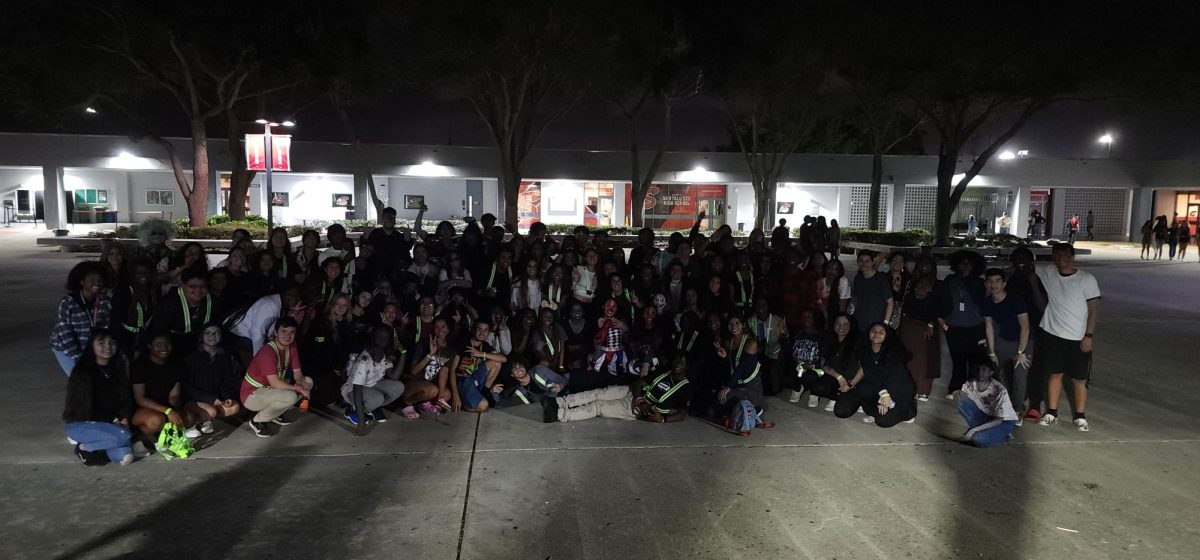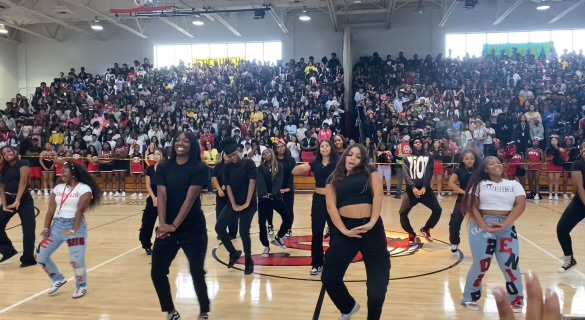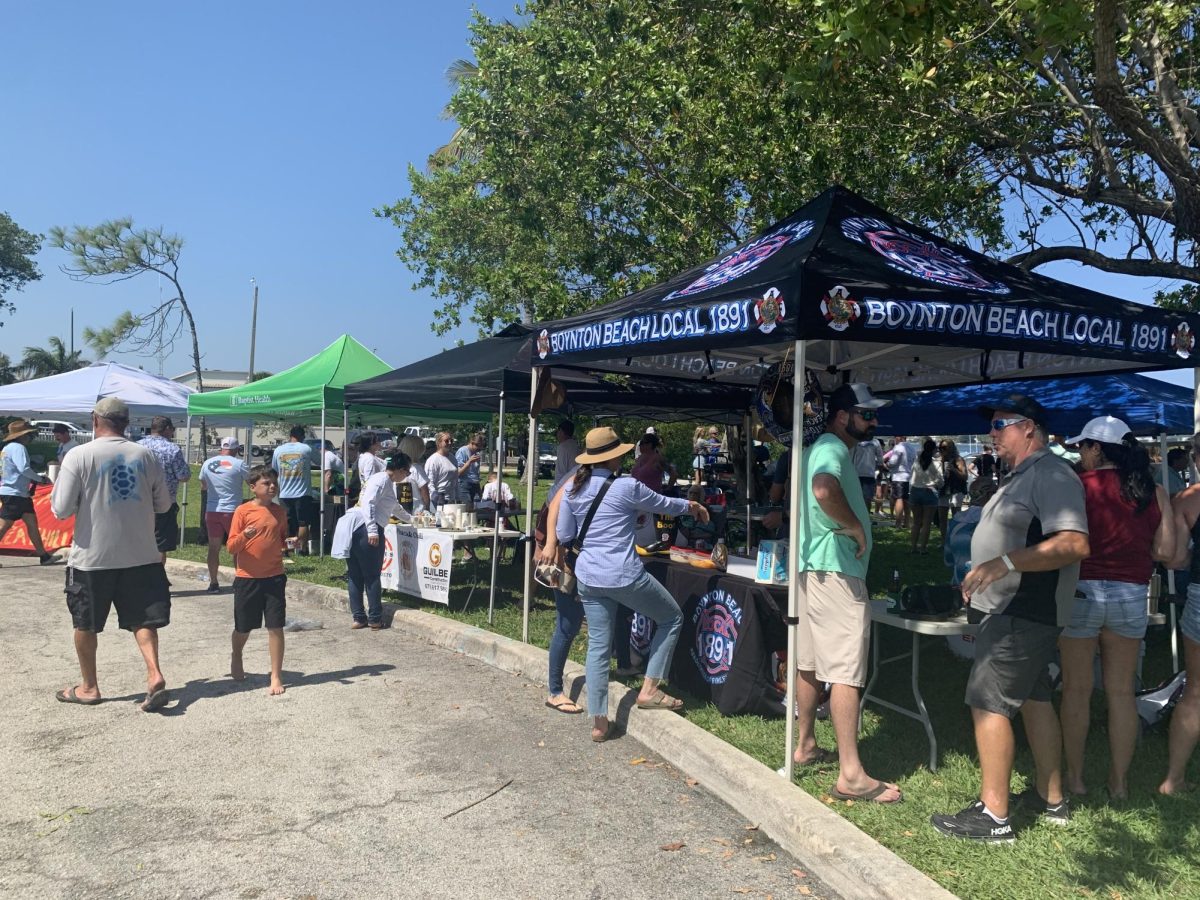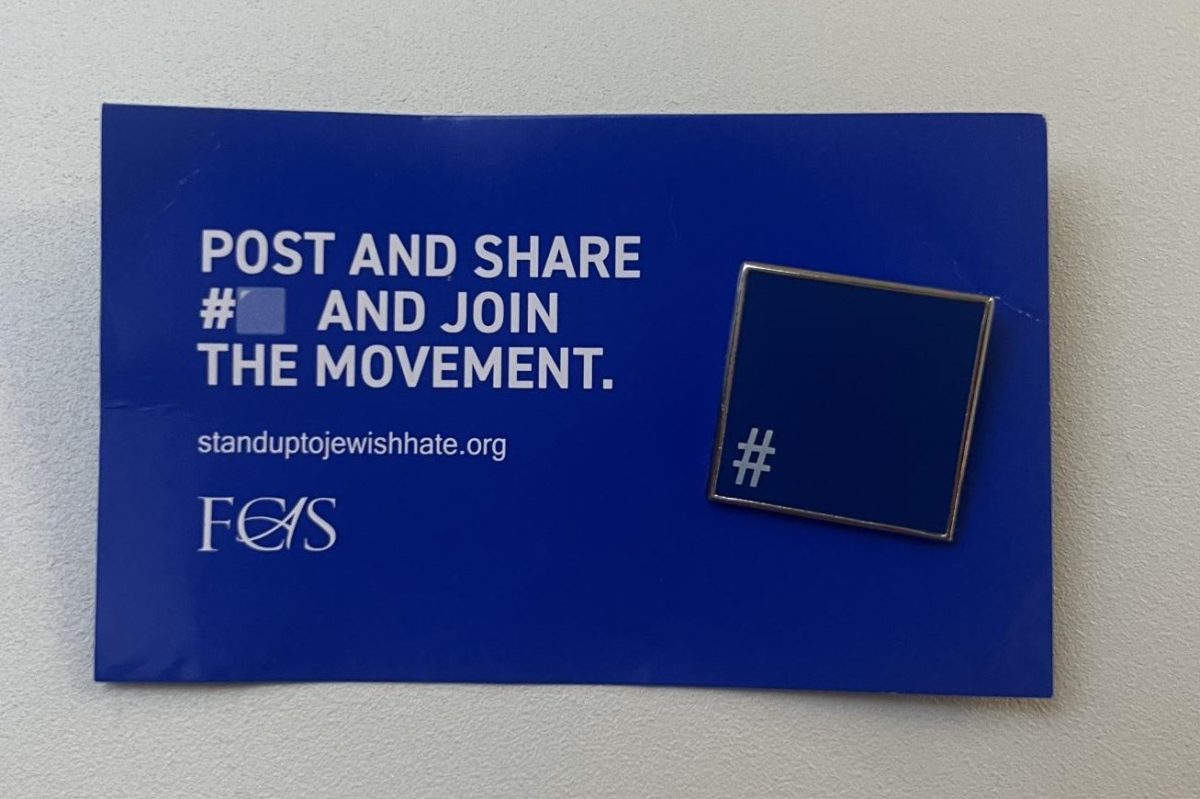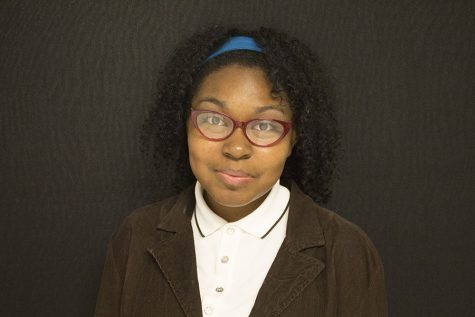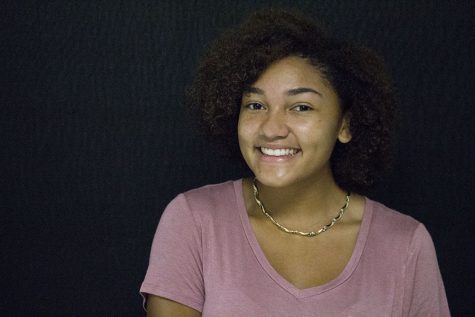Banned Books Week raises awareness and expresses the rights of the First Amendment of the United States Constitution by focusing on the banning of books for the use of profanity, sexually explicit/mature content, etc. Thirty-five years ago this week, activist Judith Krug founded Banned Books Week to advocate for a cause she felt needed to be addressed at the time the Board of Education vs. Pico case was taking place. The issue came about when a committee of parents/guardians and school staff were concerned about the kind information their students/children were being exposed to through their school district library system. During the year 1982, teachers and librarians may have thought differently but with the turn of the century children are being exposed to a lot more than they could get out of a few uses of profanity in a book.
“I love it!”, voices Ms. Moe, a librarian at Santaluces high, “It provides awareness about censorship.” Ms. Moe first heard about Banned Books Week when she began a career in teaching, since she used to be an English teacher. “I don’t believe in banning books; students should be exposed to all kinds of opportunities. We always have a display of books that have previously been banned.” When asked if she had ever participated in Banned Books Week, she responded with, “Yes, if there’s no testing I usually have books on display. It provides awareness.”
Ms. Hines, an English teacher at Santaluces high, shares a similar opinion, “I don’t think any books should be banned. If it was published, it should be available for the public to read.” Ms. Hines not only believes in the cause, she also believes that it violates First Amendment rights. As an English teacher, Ms. Hines feels strongly about this, “I think if you live in a free country, you should have every right to read. You have to check with the parents but to ban the book, no. It’s different not allowing your child to read certain things.”



